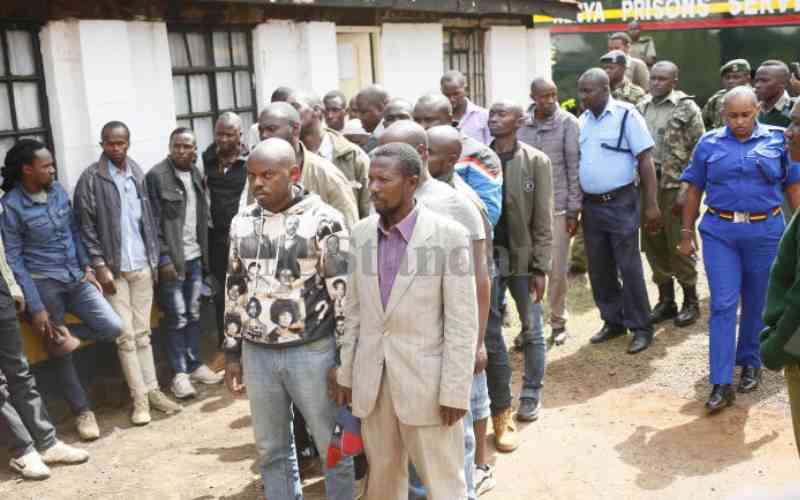×
The Standard e-Paper
Smart Minds Choose Us

The heightened political activities in Mt. Kenya have put the region in an electioneering mood, leading to the militarization of politics and the emergence of groups of militant youth.
This development has fuelled speculation and confusion about whether the dreaded outlawed Mungiki sect has been resurrected.